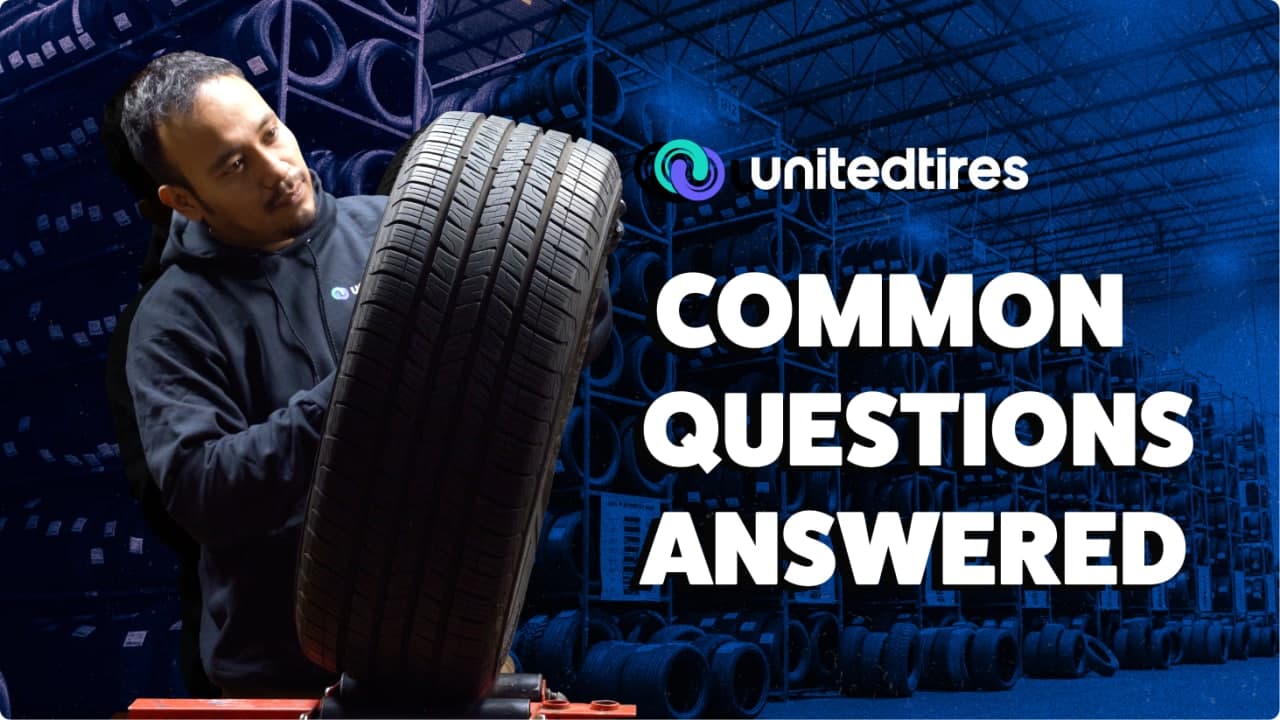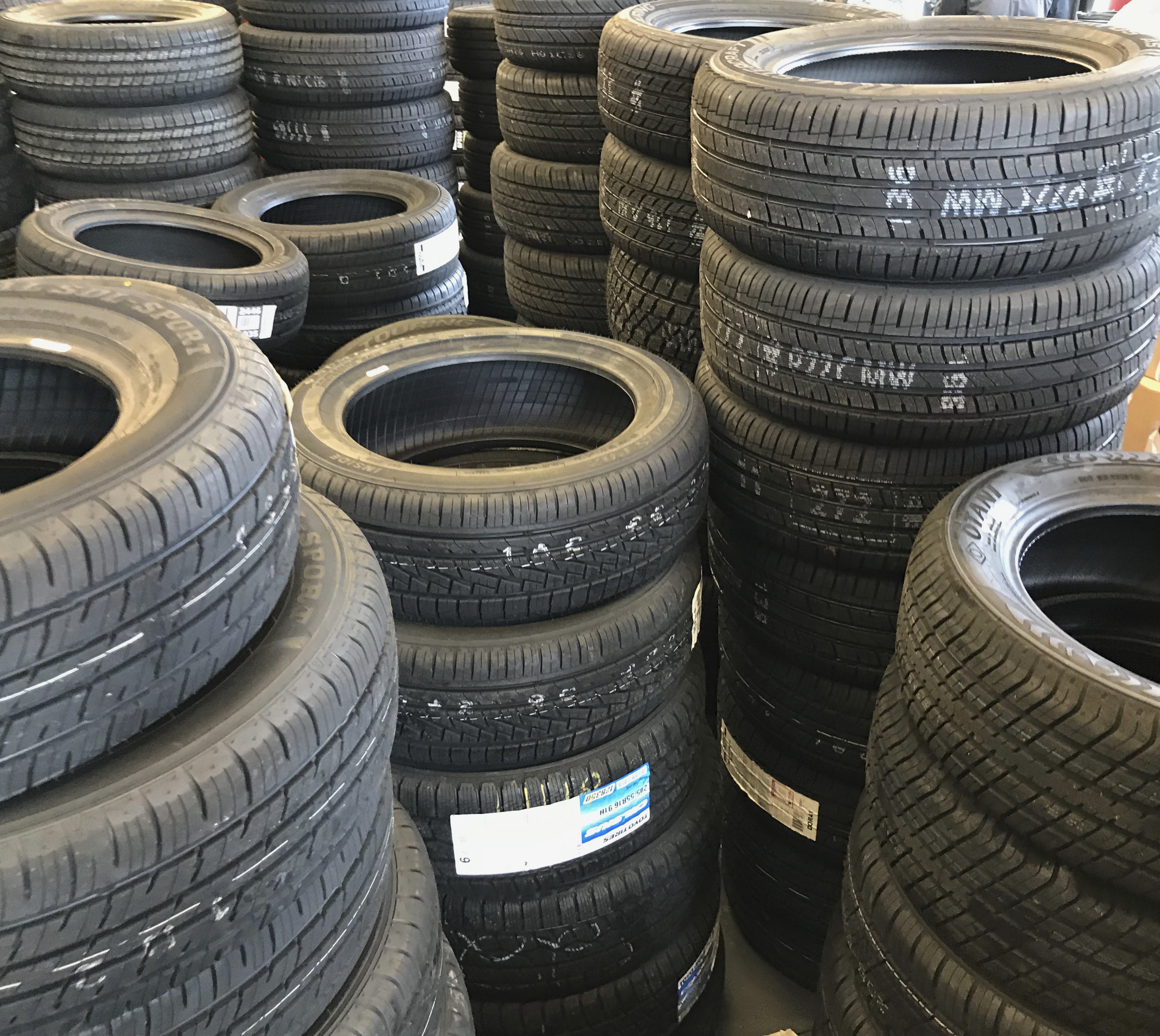All Categories
Featured
Table of Contents
I was able to get 100 hours out of among these tires, and while it had absolutely no tire lugs left on it, the soft compound made it work really wellas long as I was utilizing a soft mousse. Kitt Stringer photo Easy installing - 3Wear - 3Sidewall toughness - 3Performance on origins - 4Performance on wet rocks - 2Traction on dust - 5Cornering capability - 4Traction while braking - 4Self-clearing of dust and mud - 3Performance in mud - 3Overall predictability or monitoring - 3 _ 37 Final thought: This is a good all-around tire with excellent worth for money.

The wear corresponded and I like for how long it lasted and just how constant the feel was throughout usage. This would likewise be a good tire for faster races as the lug size and spacing bit in well on quick surface. Kitt Stringer image Easy mounting - 3Wear - 3Sidewall toughness - 3Performance on origins - 4Performance on wet rocks - 4Traction on dust - 4Cornering capacity - 4Traction while braking - 5Self-clearing of dirt and mud - 4Performance in mud - 4Overall predictability or monitoring - 4_42 Final thought: I liked this tire a great deal.
If I had to buy a tire for difficult enduro, this would be in my leading selection. Easy installing - 3Wear - 3Sidewall stamina - 3Performance on origins - 4Performance on wet rocks - 3Traction on dust - 4Cornering capability - 3Traction while stopping - 3Self-clearing of dirt and mud - 4Performance in mud - 4Overall predictability or tracking - 3 _ 34 Final thought: This tire was extremely soft and flexible.
All the gummy tires I tested executed relatively close for the very first 10 hours or two, with the champions mosting likely to the softer tires that had better grip on rocks (Vehicle alignment). Acquiring a gummy tire will certainly provide you a strong benefit over a normal soft compound tire, yet you do spend for that advantage with quicker wear
Affordable Tyre Replacement (Bassendean)
Finest worth for the cyclist who wants respectable performance while getting a reasonable amount of life. Finest hook-up in the dirt. This is a perfect tire for springtime and fall problems where the dust is soft with some wetness still in it. These tested race tires are excellent around, however use swiftly.
My total champion for a hard enduro tire. If I had to spend money on a tire for everyday training and riding, I would certainly pick this set.
Honest Tyre Care (Bassendean WA)
I've been running a set of Michelin Power Pilot 2CT's on my track Daytona 675 for the past year. Because time I have actually done 15 track days in all weathers from cool damp to incredibly warm and these tyres have never ever missed a beat. Tyre performance. I have actually done virtually 2,000 miles (3,200 kilometres) on them and as you can see from this shot of the front taken after first session of my 15th track day on them, they still have fairly a great deal of rubber left on them
In brief the 2CT is a fantastic track day tire. If you're the type of rider that is likely to experience both damp and completely dry conditions and is starting on track days as I was in 2015, after that I believe you'll be hard pushed to locate a better worth for cash and experienced tire than the 2CT; a set of which will certainly set you back around 185 (US$ 300) in the UK.
Creating a far better all round road/track tire than the 2CT need to have been a difficult task for Michelin. The outcome of that effort is the Michelin Pilot Power 3 which essentially changes the Pure. Don't confuse this new tire with the road going Pilot Road 3 which is not made for track usage (although some motorcyclists do).
When the Pilot Power 3 released, Michelin suggested it as a 50:50% road: track tyre. All the rider reports that I have actually read for the tyre rate it as a much better tire than the 2CT in all areas yet especially in the damp.
Cheap Car Tyres (Bassendean WA)
Technically there are fairly a few distinctions in between both tyres despite the fact that both utilize a dual substance. Aesthetically you can see that the 2CT has fewer grooves cut into the tire but that the grooves go to the edge of the tire. The Pilot Power 3 has more grooves for much better water dispersal but these grooves do not reach the shoulder of the tyre.
One facet of the Pilot Power 3 which is different to the 2CT is the new 2CT+ modern technology which extends the harder center section under the softer shoulders (on the rear tyre). This need to offer extra security and minimize any kind of "agonize" when increasing out of corners despite the lighter weight and even more adaptable nature of this brand-new tire.

Although I was slightly suspicious about these lower stress, it turned out that they were fine and the tyres carried out truly well on course, and the rubber looked far better for it at the end of the day. Simply as a factor of recommendation, other (rapid team) cyclists running Metzeler Racetecs were making use of tire pressures around 22-24 psi for the rear and 24-27 psi on the front.
Coming up with a far better all round road/track tyre than the 2CT need to have been a tough job for Michelin. The result of that initiative is the Michelin Pilot Power 3 which basically replaces the Pure. Do not puzzle this new tyre with the roadway going Pilot Roadway 3 which is not designed for track usage (although some bikers do).
Honest Tyre Servicing Near Me
When the Pilot Power 3 launched, Michelin advised it as a 50:50% road: track tire. All the cyclist reports that I have actually reviewed for the tire rate it as a much better tyre than the 2CT in all locations yet especially in the damp.

Technically there are several differences between both tires despite the fact that both utilize a dual compound. Visually you can see that the 2CT has less grooves reduced into the tire but that the grooves go to the edge of the tyre. The Pilot Power 3 has more grooves for much better water dispersal however these grooves do not reach the shoulder of the tire.
One facet of the Pilot Power 3 which is different to the 2CT is the brand-new 2CT+ innovation which prolongs the harder center section under the softer shoulders (on the back tire). This ought to give a lot more stability and minimize any kind of "agonize" when speeding up out of corners in spite of the lighter weight and even more adaptable nature of this new tyre.
Although I was a little suspicious regarding these lower pressures, it ended up that they were great and the tyres performed truly well on course, and the rubber looked far better for it at the end of the day. Simply as a point of reference, other (fast team) motorcyclists running Metzeler Racetecs were making use of tire stress around 22-24 psi for the rear and 24-27 psi on the front
Latest Posts
Tyre Upgrades – Noranda WA
Trusted Tyre Safety Checks – Wanneroo
Affordable Tyre Upgrades Near Me